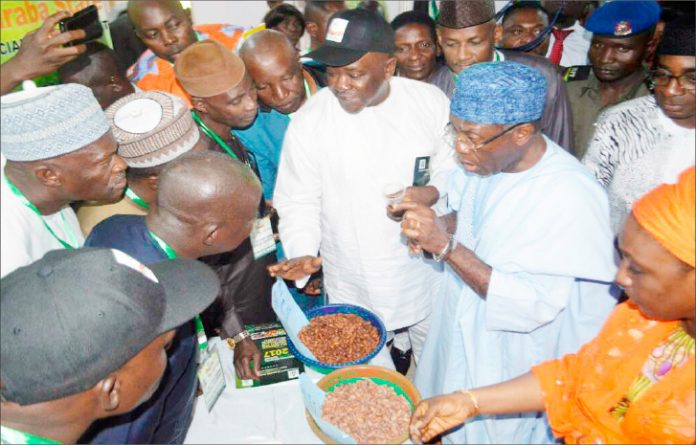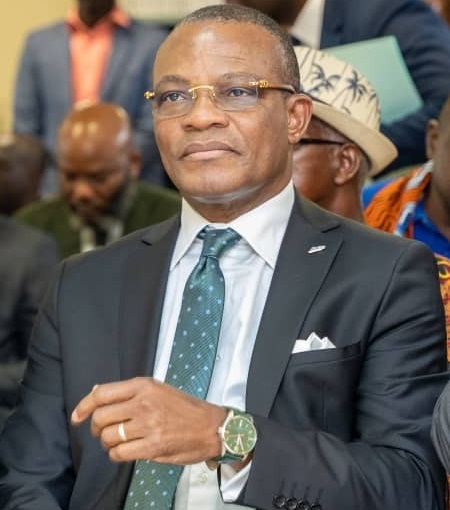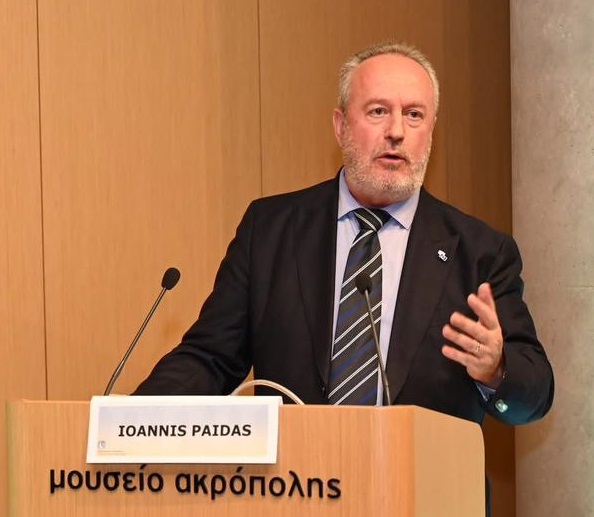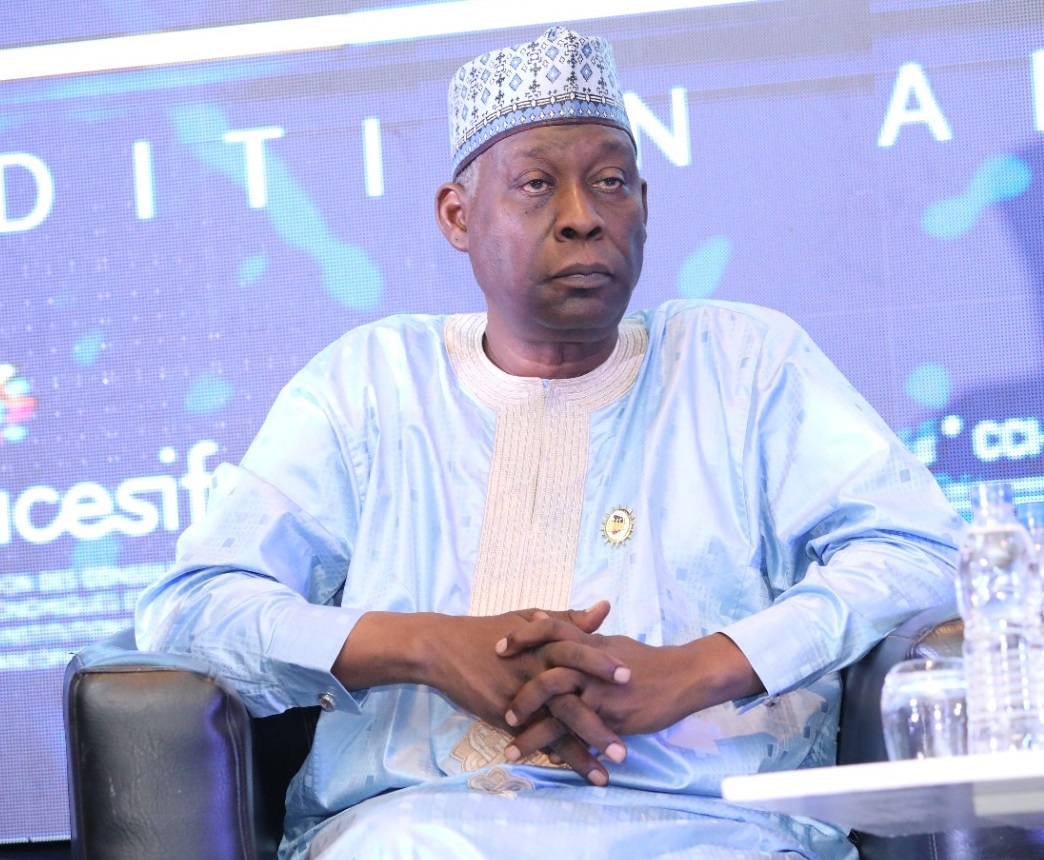Lagos – The outgoing year for many stakeholders in the agricultural sector has been a year of mixed fortunes.
To many it was a year of bumper harvest, increase in profit and productivity. Conversely, many also would not forget the year in a hurry as it has been tagged a year where they experience losses not only in the area of finances but also loss of lives and properties.
Herdsmen
Regrettably, many stakeholders said it was the year herdsmen went on a rampage killing farmers and destroyed vast farmlands. Many frowned at the inability of the government to put the rampaging herdsmen which led to huge setbacks to the sector and it was also a year of economic hardship to many.
Stakeholders in the sector identified some of the challenges that affected the performance of the sector under review as poor access to credit, various herdsmen attacks on farmers and their farms, lack of improved seeds for better and improved production, lack of storage facilities, climate change among others.
However, during the year under review, the country recorded bountiful harvest especially in the area of rice production which led to a reduction in importation and prices of the product in markets across the country.
Also, it was a year many states in the federation practically demonstrated a massive interest in rice production and yields. Such states include Kebbi, Lagos, Anambra, Ebonyi and Ogun among others that joined in the drive to pursue massive production of rice to ensure the country is self-sufficient in rice production.
The government also made progress on the fertilizer production with a bilateral agreement with Morocco on phosphate raw material which resulted in the reduction in the price of fertilizer to N5,500 per bag from high prices of up to N10, 000 per bag the previous years.
Yams were also exported to the United Kingdom and the U.S., though there are still some challenges on that line.
Some of the stakeholders in telephone interviews with INDEPENDENT noted that the sector has done averagely well but more needs to be done to assist farmers and ensure the country is less import-dependent.
Tunji Falade, Chairman Lagos Chambers of Commerce and Industry Agric and Agro Allied Group, said there has been a degree of improvement and commitment to the sector, going by the all the moves the government has made.
According to him the money that was pumped into the sector from different platforms and different states were indications that the government is showing commitment to agriculture.
Femi salami, Managing Director of Oamsal Nigeria Limited, who is also a member of the National Cassava Processor and Marketers Association (NCAPMA) described the sector as a sort of bittersweet horizon, saying that the private sector made some remarkable progress on exports, especially on cashew, sesame seeds and some others.
Apparently displeased with the wanton loss of farmlands to the avoidable crisis, he lamented that government’s inability to nip in the bud the menace of militia herdsmen that unleashed mayhem on farms with their cattle and sacked villages all through the year as a serious setback for the Agriculture.
Displeased with policy summersault witnessed during the period, Salami stated that the position of the Minister of Agriculture, Chief Audu Ogbeh on the diversion of the Cassava Bread Development Fund for another purpose, saying that it was another sore that hindered the development of local content initiative introduced by the previous administration.
In his assessment, the highs of the year included a public hearing by the Upper Legislative arm of government on the Cassava Bread Bill just as the lower chamber constituted an investigative enquiry into Cassava Bread Fund.
Prince Wale Oyekoya, Managing Director of Bama Foods and a former Chairman of the LCCI Agric and Agro Allied Group said there was not much in 2017 in the sector judging by the prices of foodstuff that remains very high because it is a parameter by which the sector can be gauged.
“It is progressively increasing every year especially during the yuletide period, but for me, that means there are so many things we are doing wrong that we think we are doing right,” he added.
Preferring solutions to cushion the effect importation may likely have on local production; he tasked the government to find a way of putting a stop to it in order give impetus to local production and create jobs for the youths.
Lamenting he said incentives like; good roads, infrastructure, security and the likes are some of the missing links to ensure profitable production.
Speaking of the Anchors Borrowers Programme (ABP), he decried situations where the real farmers are denied the benefits of the programme, saying that political farmers are favoured above the latter.
“Unless the government chase the political farmers from the drawing board of agric, the country cannot go anywhere; their lots of areas government needs to look into in order to improve the sector instead of deceiving Nigerians,” he suggested.
For Femi Oke, Chairman All Farmers Association of Nigeria (AFAN), Lagos state chapter said the sector performed averagely in 2017, noting that in the area of budget government must strive to ensure it meets the MAPUTO agreement that prescribes the allocation of at least 10 per cent of budgetary to agriculture.
Cocoa Production
Sayina Riman, National President Cocoa Association of Nigeria (CAN) said the sector performed fairly during the year under review.
He said that the implementation of the objective of raising seedling for farmers, subsidy for the high cost of input, other forms of logistics and the extension services were totally non-existence.
He said despite the promise made by the Minister of Agriculture, Audu Ogbeh the sector witnessed a lot of bureaucratic bottlenecks that led to the obvious frustration suffered by the minister.
However, on the international scene, Riman said the country has risen to become a new emerging power, saying that on the domestic front the country lagged behind in implementation, especially in the area of consumption.
Riman commended the private sector’s interest in the sector as a sustainable means of livelihood and acknowledged the rise of about three to four per cent in the number of youths embracing cocoa business.
Cashew Sector
Tola Faseru, the National President, National Cashew Association of Nigeria (NCAN) said that the year 2017 had been eventful for the cashew industry as one of the commodities that did well during the year.
According to him, the performed well in terms of the volume, saying that cashew farmers were able to increase volume to about 220,000 metric tonnes just as export also shut up to about 200,000 metric tonnes.
Acknowledging that quality had improved considerably with a better perception in the global market, saying that in the second quarter report by the National Bureau of Statistic (NBS) rated cashew as the number one commodity that contributed to the GDP among the non-oil sector.
Obviously pleased with the visit of the Minister of Agriculture’s visit to Vietnam during the year, Faseru acknowledged that the visit to the nation’s number trading partner in Cashew has further consolidated on the existing mutual understanding that exists between the two countries.
“Way back in 2013 we signed a MoU with the industry in Vietnam between an institution and Vietnam Cashew Association and in November, with the visit of the Minister along with me and other members of the delegation we saw that that will strengthen the business relationship that we have.
“The Minister was able to have a first interaction about how the country in the last 27 years had come from being an exporter of raw cashew nut has become the number one exporter of the kernel. We think and we believe that with this visit it means that we also can follow on that part,” Faseru enthused.
Faseru in his projection said there will be a major transformation in the Nigerian cashew landscape and that the industry is working at meeting its target of 500,000 metric tonnes within the next three years.
12 Million Registered Rice Farmers
Aminu Goronyo, National President, Rice Farmers Association of Nigeria (RIFAN), said personally and on behalf of the entire 12million registered rice farmers under the association, 2017 remains the best year they experienced a turnaround in the rice farming business.
“We have achieved a lot within the year and enjoyed a lot of support from the government, especially the Central Bank of Nigeria ranging from financing to physical support, shoulder to shoulder support and encouragement to the smallholder rice farmers among others.
Advocating for more support for the sector in the New Year, Salami tasked the government to conduct a national enumeration of farms destroyed by herdsmen and compensate the farmers, saying that the measure, if implemented, would ensure food security and prevent urban drift.
He charged the government to sustain the successes recorded on fertilizer and rail transportation of farm produce.
Not happy at the policy summersault of the cassava fund, the RIFAN President urged the government to put an end to further depletion and diversion of the Cassava Bread Development Fund and put the accrued N500billion into the development of local content in the sector as designed by the previous administration.
“The portion borrowed must be refunded. This percentage inclusion of Cassava Flour into wheat flour will create over 10 million jobs and save huge foreign exchange from the importation of wheat and reduce social vices. The progress in the production and processing of rice should be sustained in 2018,” he added.
Goronyo said the kind gesture the farmers enjoyed from the Central Bank will see the rice farmers do more in the area of production in 2018, saying that the prospects are that by the end of the year Nigeria will start exporting locally produce rice to other countries and also see the prices of the product reduced drastically.
Falade said the government must pay a lot more attention to the value chain in addition to the primary agriculture, “I have seen more concentration on rice, they should show more commitment to all other products as well and its value chains.”
He advocated for the provision of additional funding for the sector in view of the huge number of complaints about poor access to funding.
“I think loans should be made simpler to be accessed by stakeholders’, not just farmers alone, those in storage, those in agro-processing, food processing whether transportation and logistics the commercial banks should be a lot more cooperative.
He added that the entire gamut of agriculture in Nigeria needs to be revolutionalised and the momentum should be sustained and taken to higher level.
Oyekoya said the government should provide the necessary amenities required by farmers to ensure improvement in yield and increase production.
Riman said Nigerians and the government this New Year must show commitment to increased consumption and that the policy to drive the consumption chain where cocoa should be taken as official drinks and to be taken at all government functions should be announced by the President.
With independent




































